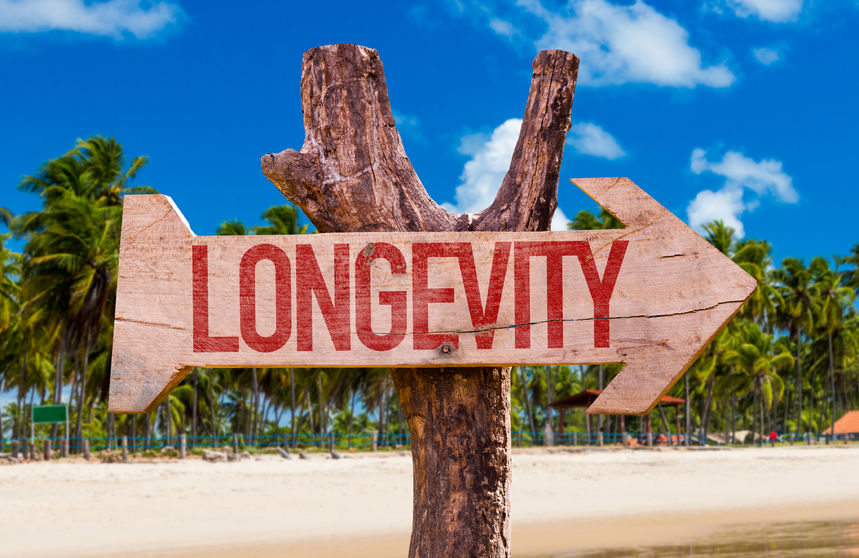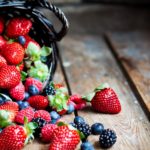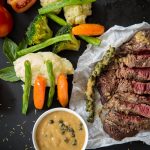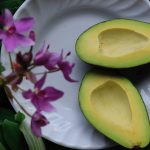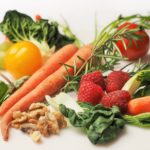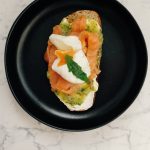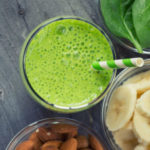Overview
The Longevity Diet has been making the rounds across the internet, as more and more seniors are looking to live longer and more fulfilling lives. Foods from this diet will not only put your body back on the right track to a long life expectancy, but will leave you feeling full of energy. Some of these foods are long-held secrets of anti-aging, while others have taken the internet by storm due to recent studies and research.
Fish
Many fish have high concentrations of omega-3 fatty acids which have many benefits to your health, making them a great addition to your anti-aging diet. Aside from boosting your High Density Lipoprotein (good cholesterol) count, omega-3 fatty acids assist with mental acuity and brain health. Multiple types of fish are considered “lean meats” making them a great alternative to more fatty options such as chicken or cheese. Canned light tuna or canned salmon make a great last minute addition to your salad—giving your meal some extra protein. Oftentimes, substituting two meals a week with fish is enough to achieve noticeable results.
Olive Oil
Olive oil contains high levels of monounsaturated fats, which helps with keeping your good cholesterol(HDL) levels normal and improve your overall heart health. Additionally, olive oil is trans-fat free, making it a great alternative to cooking with butter. It also contains saturated fats, which have been associated with mental acuity and brain health. Extra virgin olive oil specifically has been recognized to significantly help with boosting good cholesterol numbers, essential for anyone’s anti-aging diet.
Beans and Legumes
Beans(sometimes referred to as Legumes) are some of the most versatile plants on the planet. This is because they have a relatively mild flavor, but are also an excellent source of protein for a low calorie cost. Additionally, they contain complex carbohydrates which keep you feeling full and satiated without giving you a blood sugar spike. Their uses and purposes in the kitchen continue to be expanded in thoughtful and creative ways all over the internet. Vegans often use bean pastes or purees to cream and thicken recipes for no-milk, no-egg varieties pastries such as cookies, brownies, and cakes. These are relatively easy to add to your anti-aging diet, as beans (whether paste, puree or whole) are simple additions to soups and salads.
Vegetables
Green beans don’t apply to the section above, but they do apply here! Vegetables are some of the most crucial antioxidant suppliers. More than this, they have a high protein to calorie ratio, which is essential to anyone’s anti-aging diet. They are also a great source of vitamins and minerals, which are important for people of all ages. Magnesium and potassium are very important to your health as you age, but so are Vitamins A, C, and K. All of these components can be found in kale, one of the most sensationalized foods praised for it’s obvious health benefits. For other options, dark greens such as spinach and broccoli are great additions to your diet because of their high fiber.
Nuts
Many new research studies have discovered new health benefits to a wide variety of nuts. One of the most interesting is the almond. These aren’t nuts in the technical sense, but they are considered nuts in the culinary world. This is because they are actually harvested from a drupe fruit, but the fleshy/fruity part is removed during harvesting. Almonds are high in riboflavin and L-carnitine, which are two nutrients that are essential for positive brain health. When unsalted, they also do a great job of helping curb high cholesterol levels, and usually a handful a day is enough to see noticeable results. You can easily add chopped almonds to salads to give them an excellent crunch to replace croutons.
Whole Grains
Grains come in two varieties, whole and refined. Whole grains have significant health benefits, while refined grains are not as advantageous to your anti-aging diet. Refined grains contain only the endosperm portion of the grain, which has a lot of starchy carbohydrates, which your body will turn into fat for later use. By contrast, whole grains contain—you guessed it—the whole grain. The germ and husk sections of the grain are a great source of B Vitamins, but are also an excellent source of fiber and healthy fats. At your local supermarket you can buy whole grain breads, cereals, even oatmeal varieties.
Low-Fat Dairy
Dairy products are a very important part of a balanced diet. Those who stay away from dairy products such as vegans and people who are lactose-intolerant, often have to find alternative sources of calcium. Calcium is critical as you age, because the cells that produce your bones begin to become less efficient. It is important to choose low-fat options as well, such as 2% or skim milk, as the fats contained in whole milk are not beneficial to your health. Low-fat and Greek yogurts are also excellent options, although they can be a little sour—for sweetening, you can use honey or berry preserves
Berries
There are so many great berries are available everywhere, now that year-round varieties have been genetically engineered and widely available. Generally, berries have high fiber content and are very low in calories. Even though they are sweet, they contain natural sugars, which are better than processed sugars. All of them are also rich in antioxidants, the benefits of which we have gone into detail in the paragraph below. You can find more information on berries and their health benefits here.
Antioxidants & Anti-Aging
Antioxidants are a key element of anyone’s anti-aging diet. You can get antioxidants from your favorite fruits and vegetables, but also in certain supplements available at your local pharmacy. Antioxidants prevent you from aging by ridding your body of free radicals—chemicals that are responsible for cancer cells and the destruction of collagen. By loading up on antioxidants, you also prevent oxidation, the body’s natural aging process.


